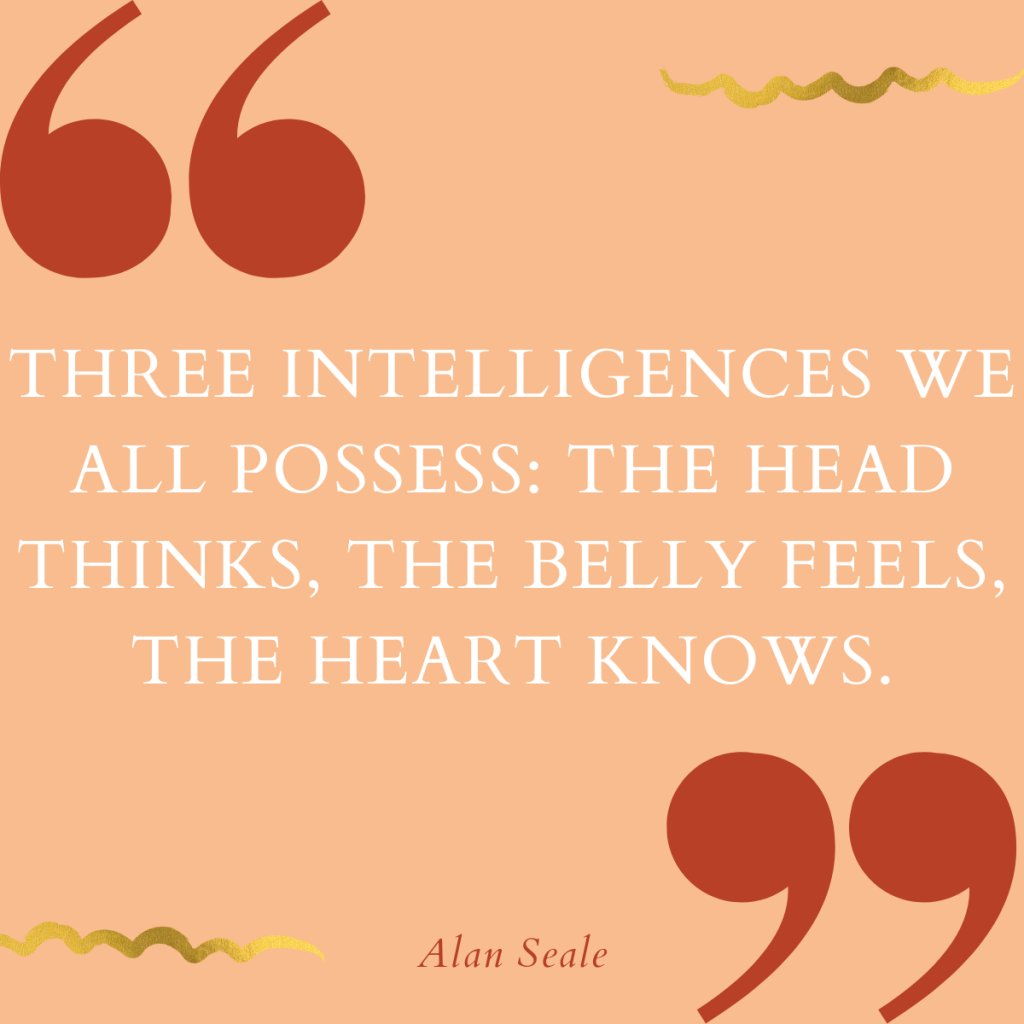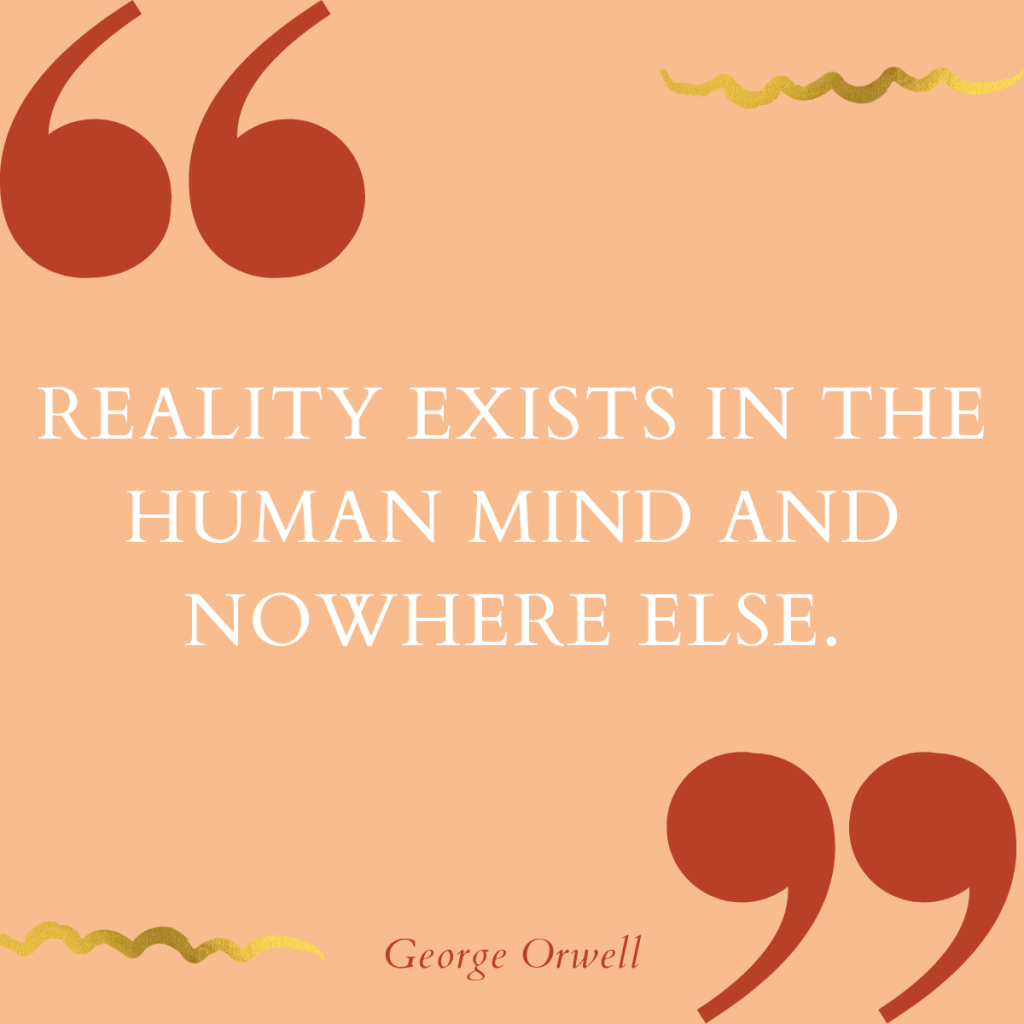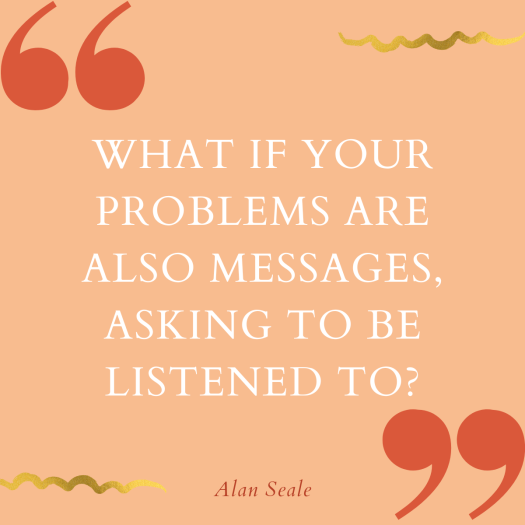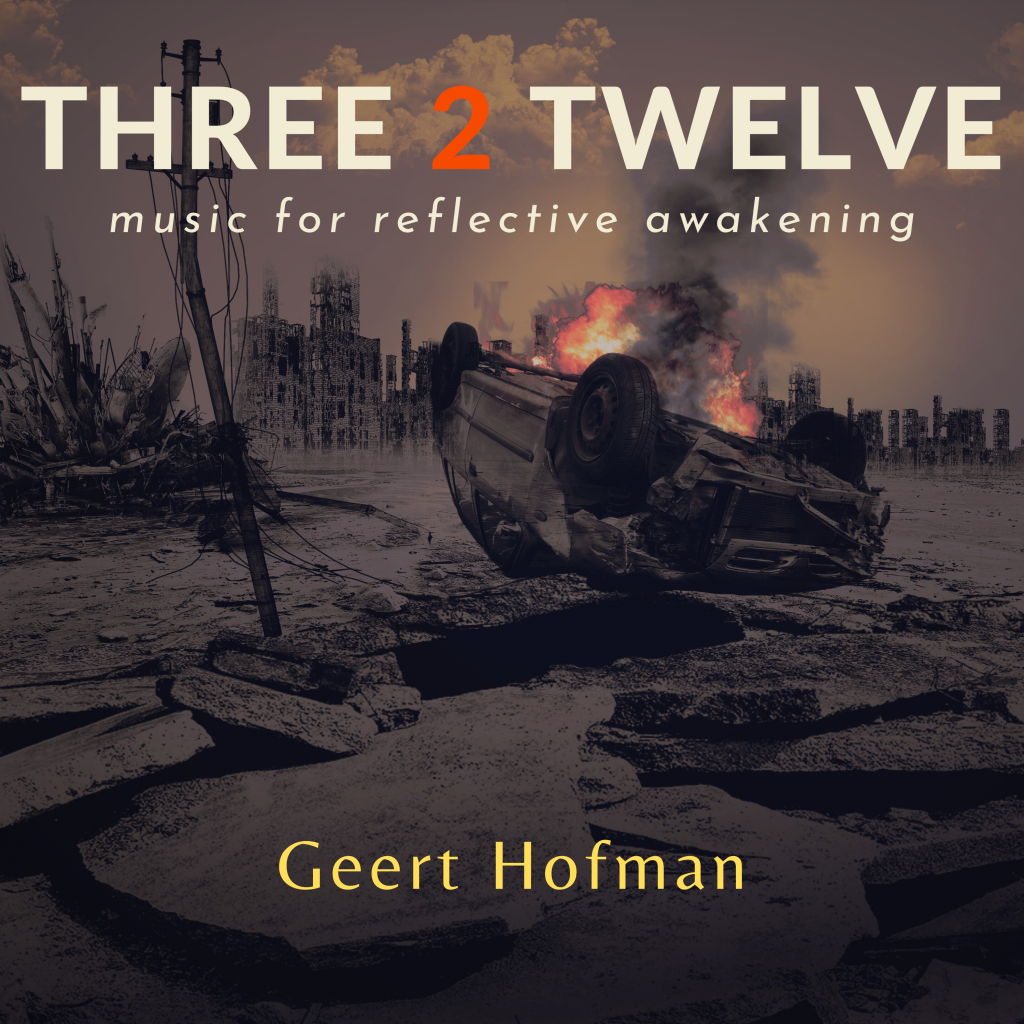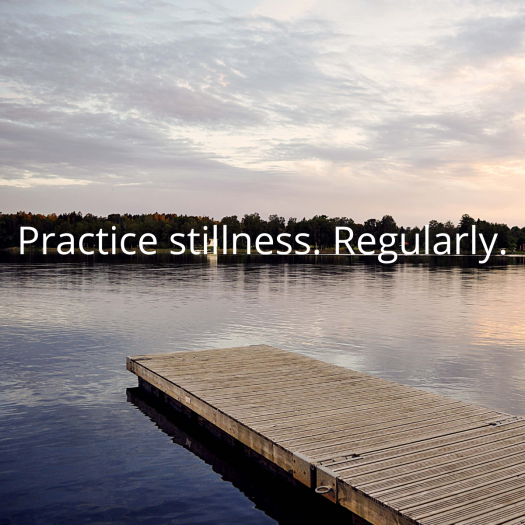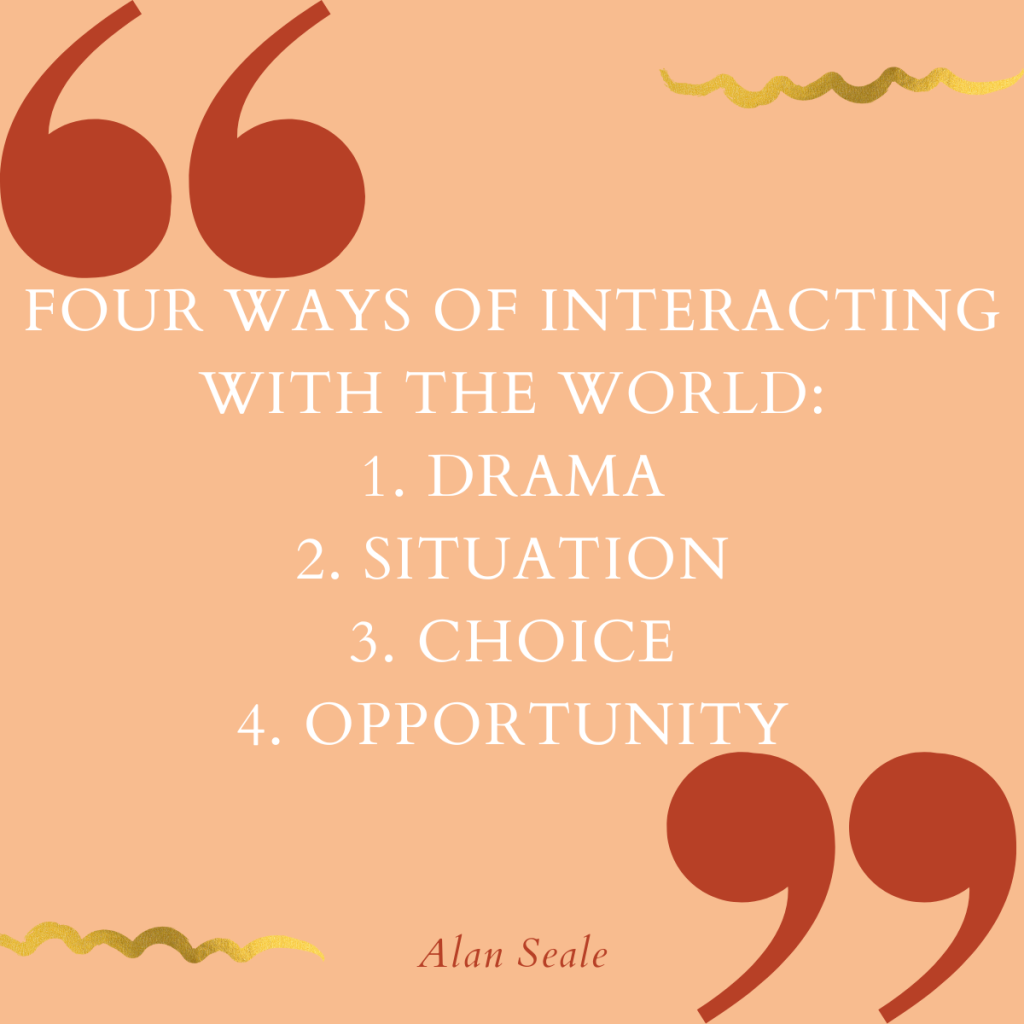
We all know that situations can have an enormous impact on us. For instance our rent got cancelled recently and as a first reaction me and my partner, we were both devastated. All kinds of reactions came up like: ‘the owner said he didn’t need the house’, ‘we are forced to move from a place we love’, we’ll never find something nice again’’ etc etc. What I find very useful to use in unexpected situations like this is a framework, developed and taught by @Alan Seale of transformational presence. He discerns four levels of engagement:
- Drama
- Situation
- Choice
- Opportunity
Drama
When something unexpected happens, there’s no escaping from it: we get sucked into the drama right away. It’s the phase where we deny what has happened and we’re looking for someone to blame. We are letting off steam.
Situation
Dropping one layer below the drama, we arrive at the situation level where we are trying to fix the situation. Get things back to the way they were before. Needless to say, this can be quite a challenge, especially with complex issues.
Characteristic of these two phases is that it is the event that has happened that holds the energy. It’s mainly outside of us, we tell ourselves we are not to blame and once the issue has been fixed all will be fine again. Now, I’m wondering: how often does this actually happen? That fixing works in complex situations?
You may also notice that on a societal level it’s where the discourse around issues mainly takes place.
As a society we switch between drama and situation most of the time without allowing learning to take place. When something goes wrong, there’ll be one person claiming he or she holds the right answer to effectively deal with the situation.
Choice
Back to the individual level: again, we can drop a level below the situation level this time and arrive at the level of choice. Here we decide how we show up with respect to what is going on. Typically, something starts shifting here: no longer are we a powerless victim but we claim accountability for how we decide to be regarding the situation.
Opportunity
We can drop one more level, become even quieter, and land at the level of Opportunity. With what happened, what is the big picture? What is trying to catch your attention? What is trying to get into your awareness? What wants to happen? What are the intelligences you have access to telling you?
It’s basically collecting information what we are doing. But consider this: with the information you get at the opportunity level, how do you decide now how you want to be?
As a rule of thumb, you could say that the bigger the drama, the bigger the potential is.
Needless to say, this requires practice and I encourage you to try it. Go to your point of stillness and just pay attention to your breathing and not to your busy mind. Let the thoughts just be. Bring a challenge you’re having to your mind and notice how your entire system is reacting to that.
As a next step, in your mind, try to fix it. How is the challenge responding to that? You may find it doesn’t go away. Now make a decision about how you want to show up. How does that change (your relationship with) the challenge? What is the challenge actually trying to tell you? What is the bigger potential trying to get through? What are you learning about the entire situation? About yourself?

